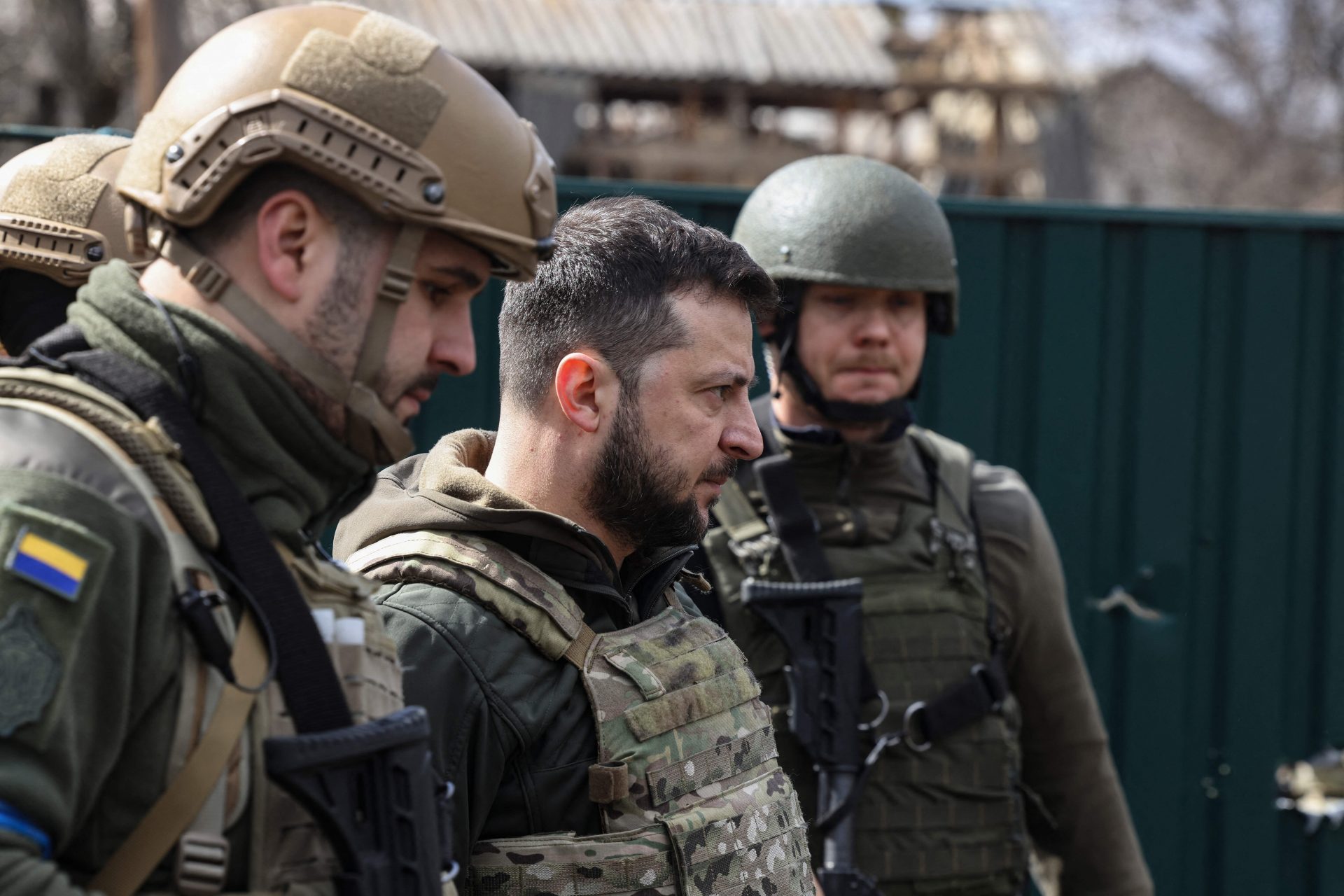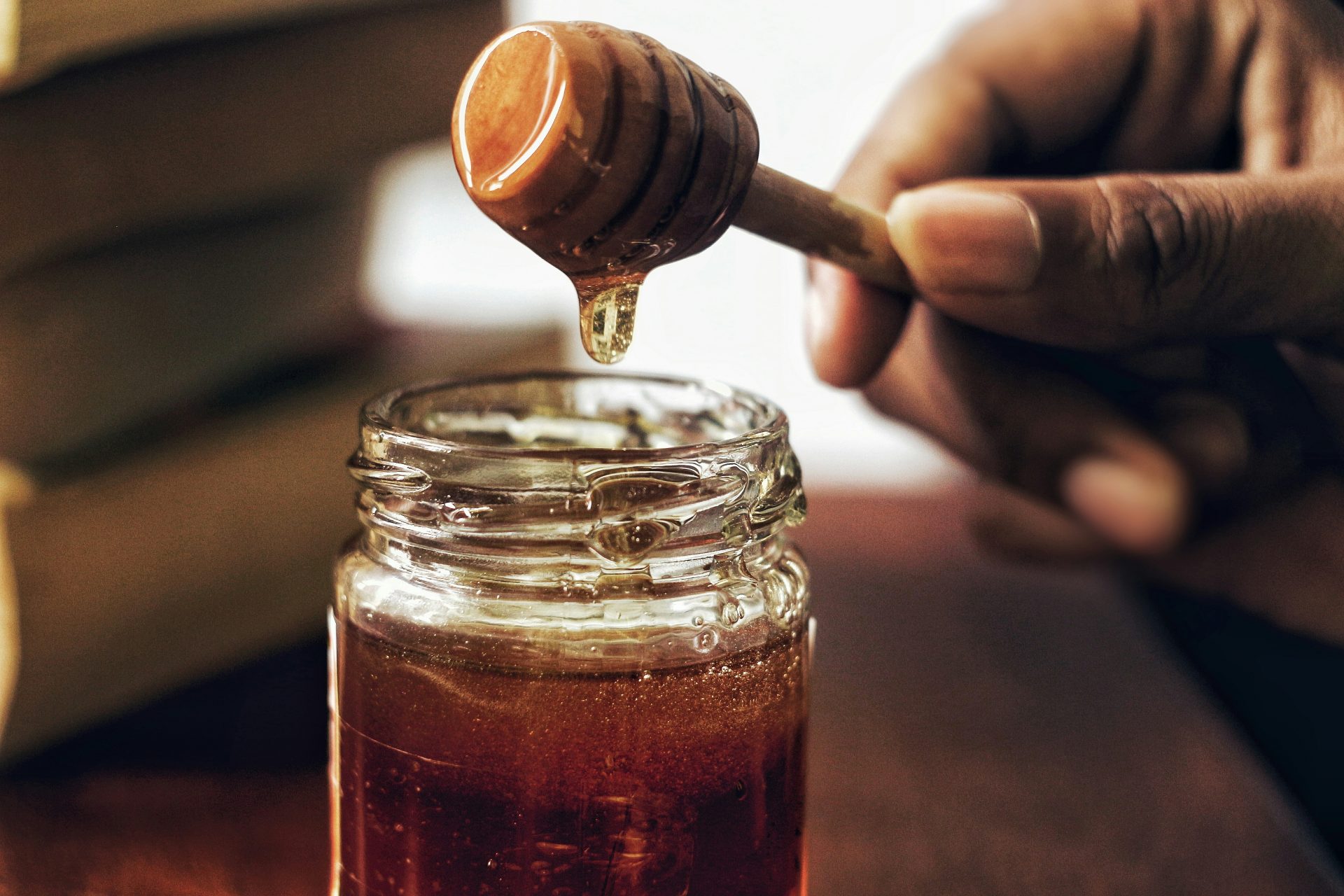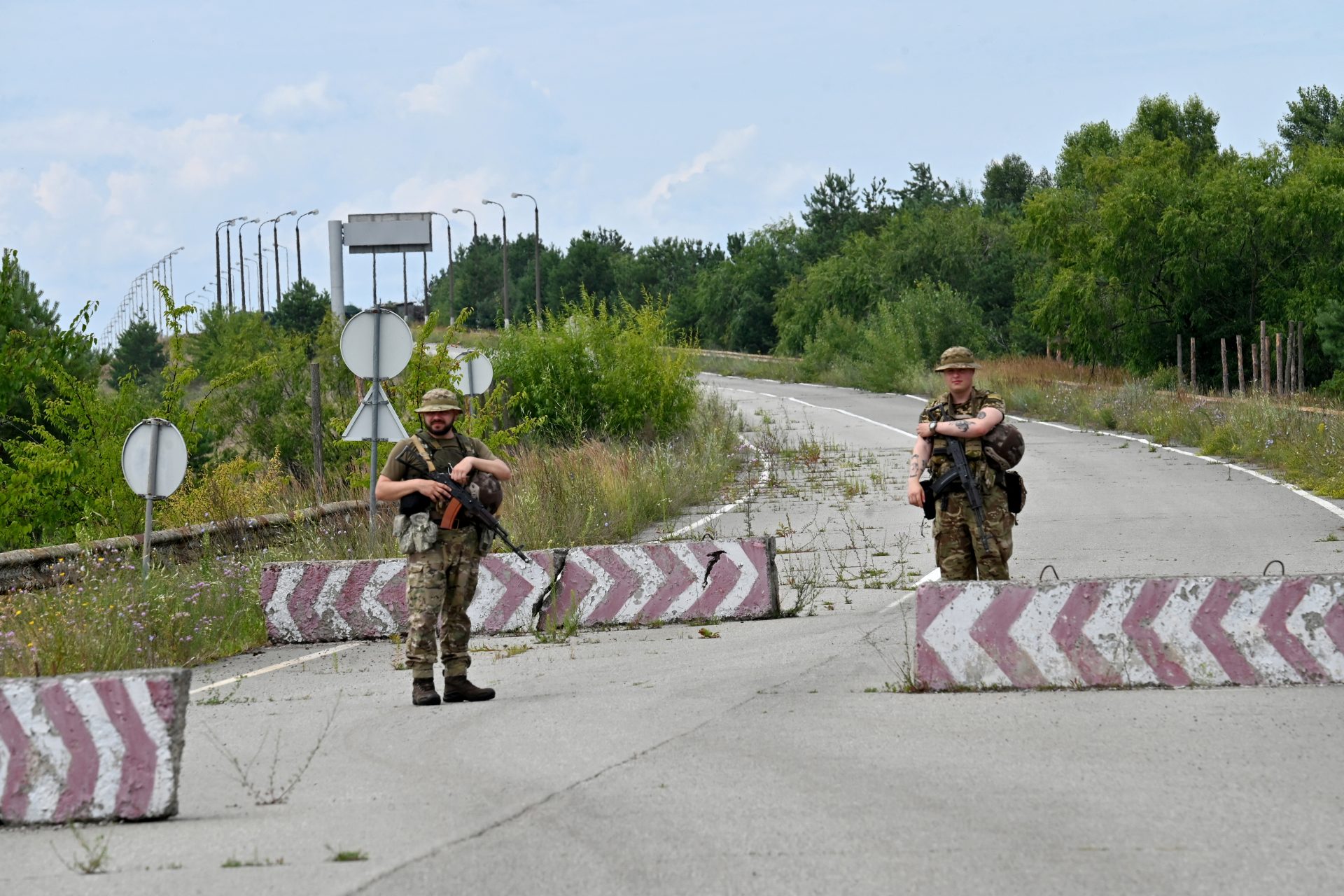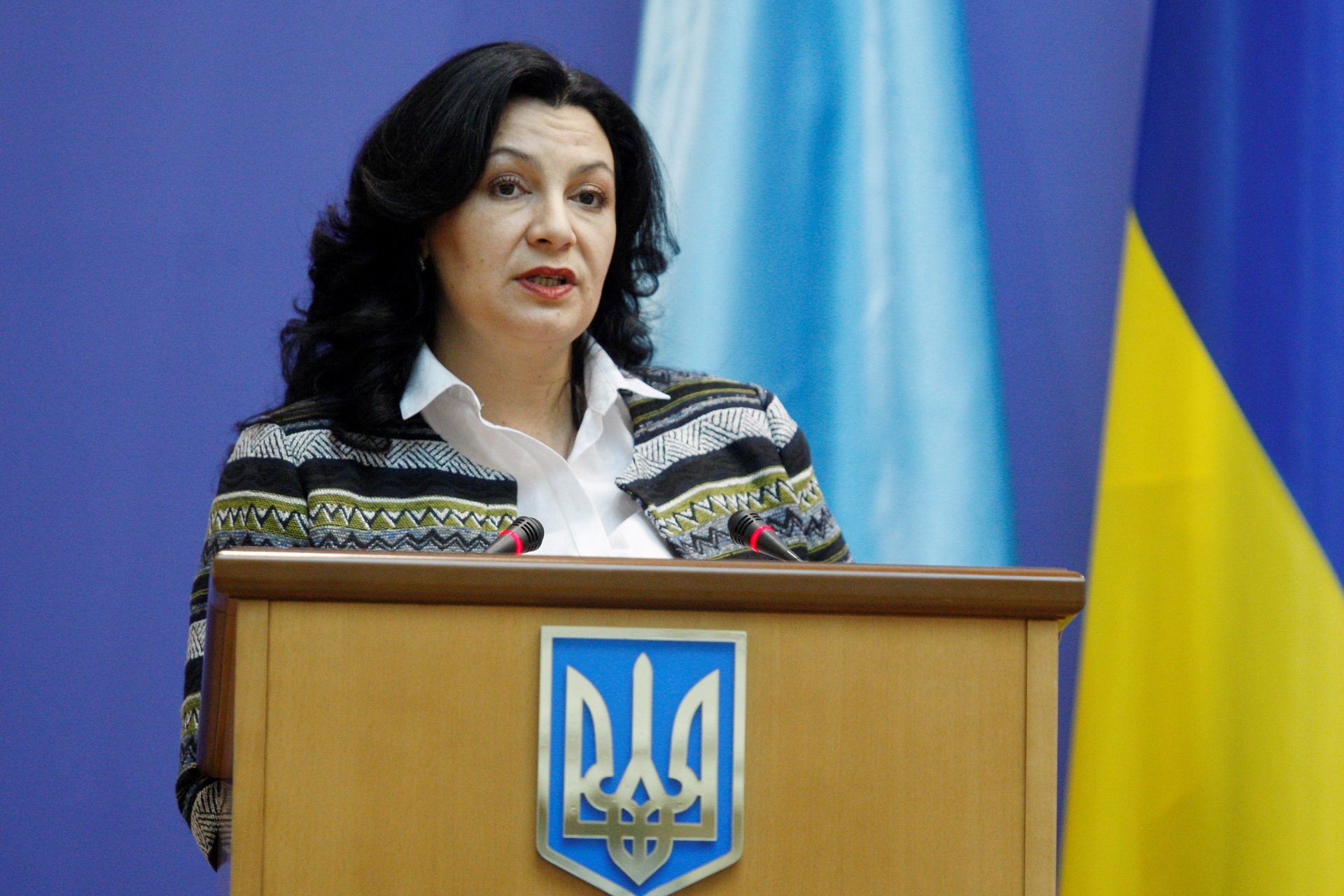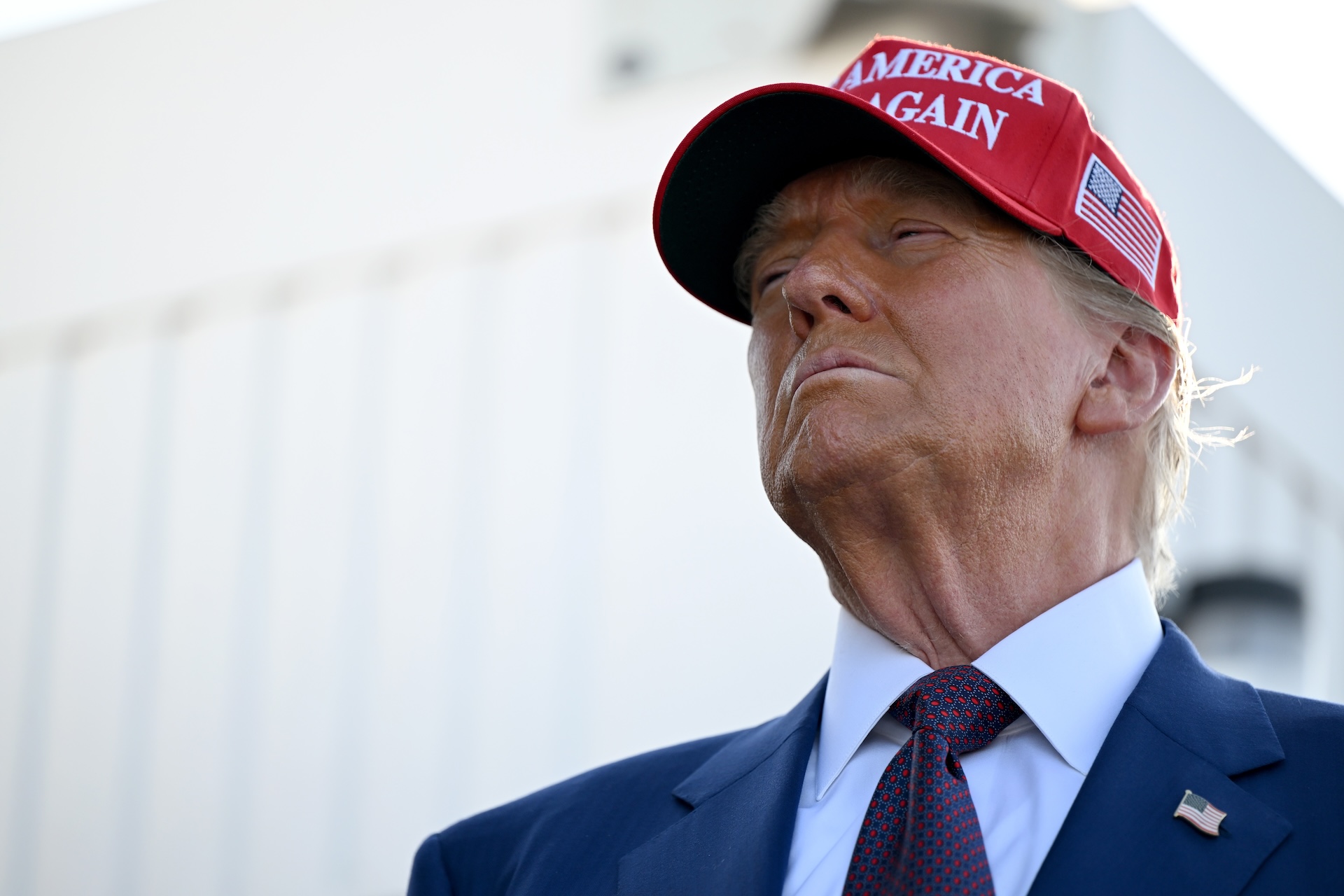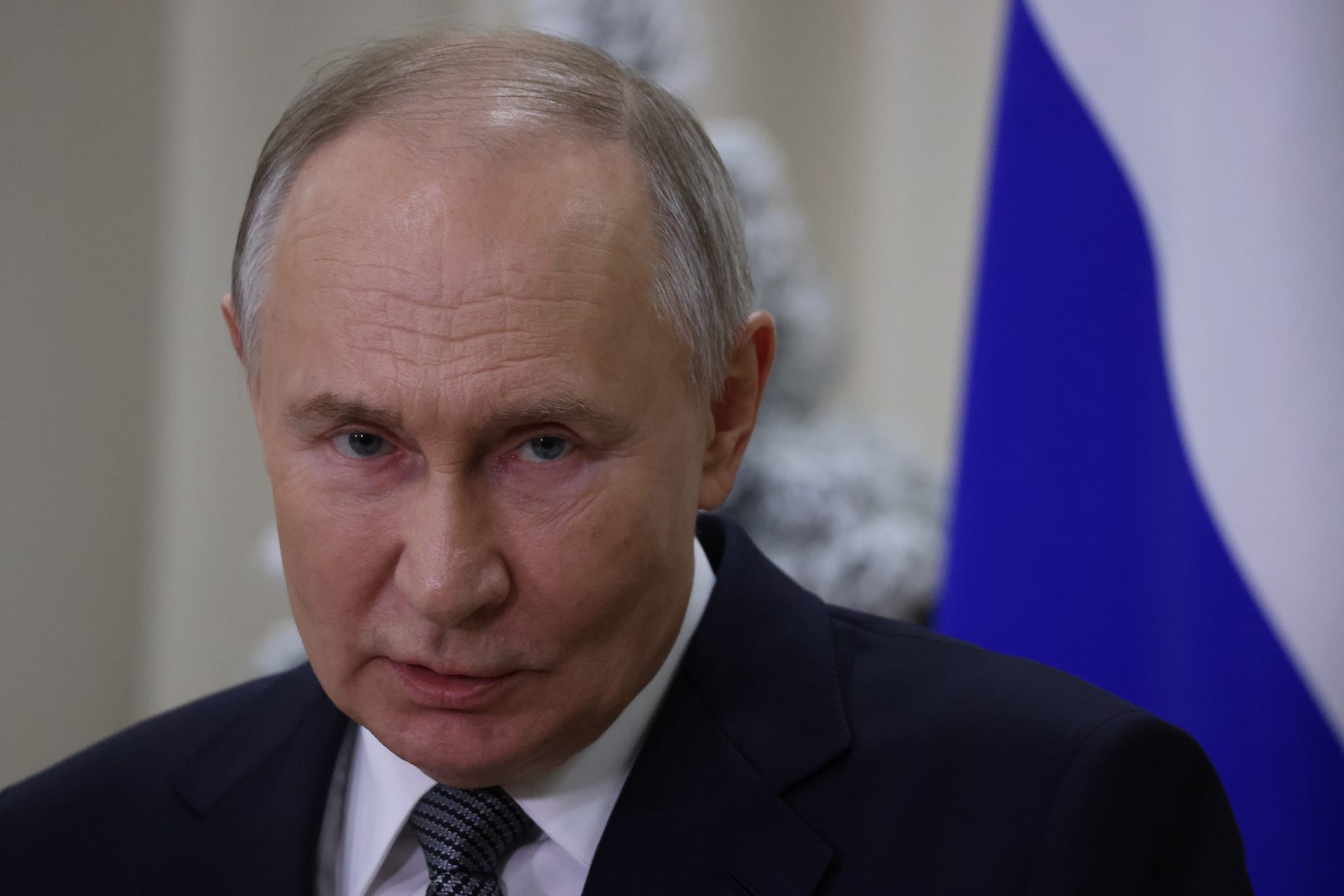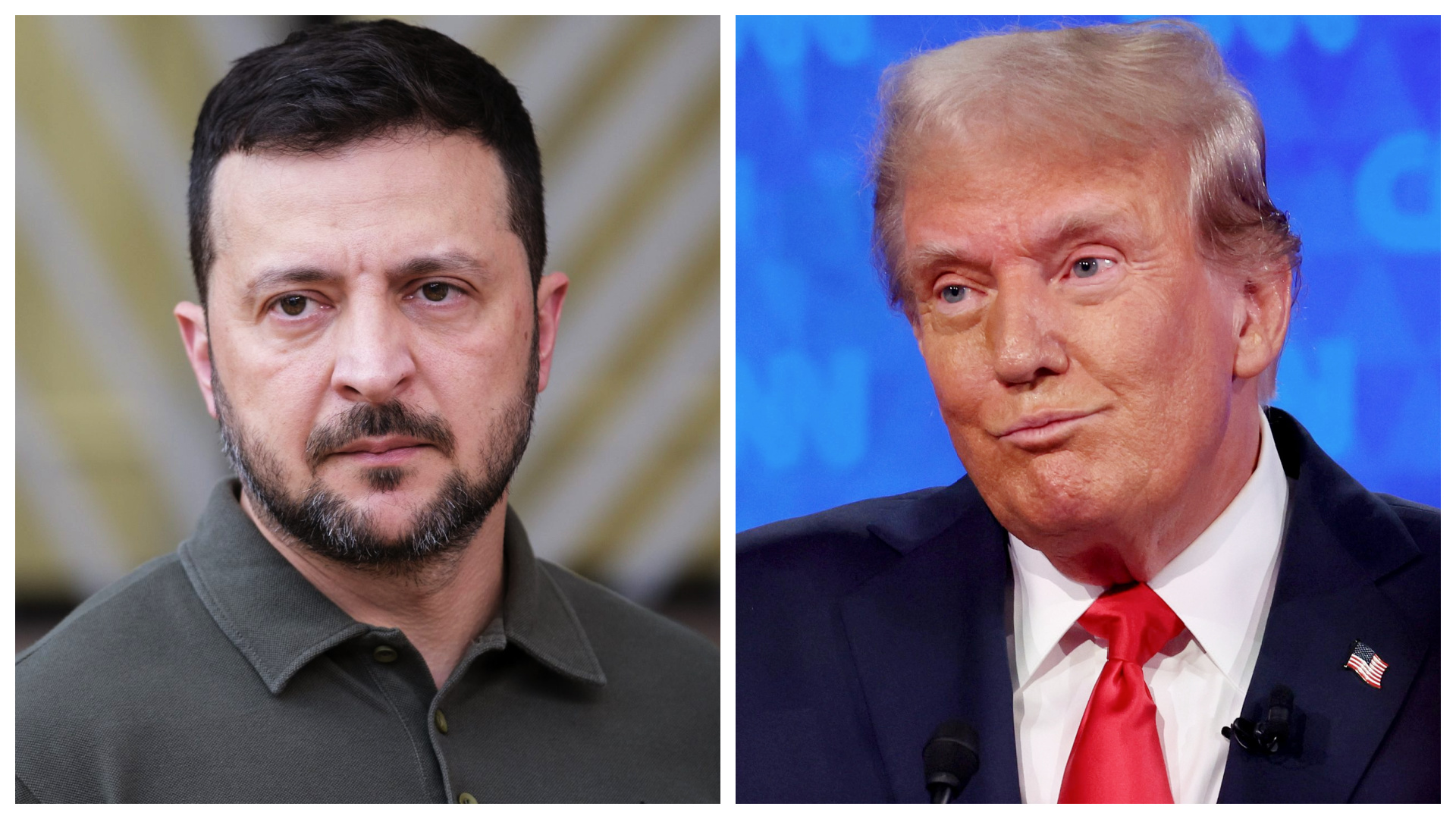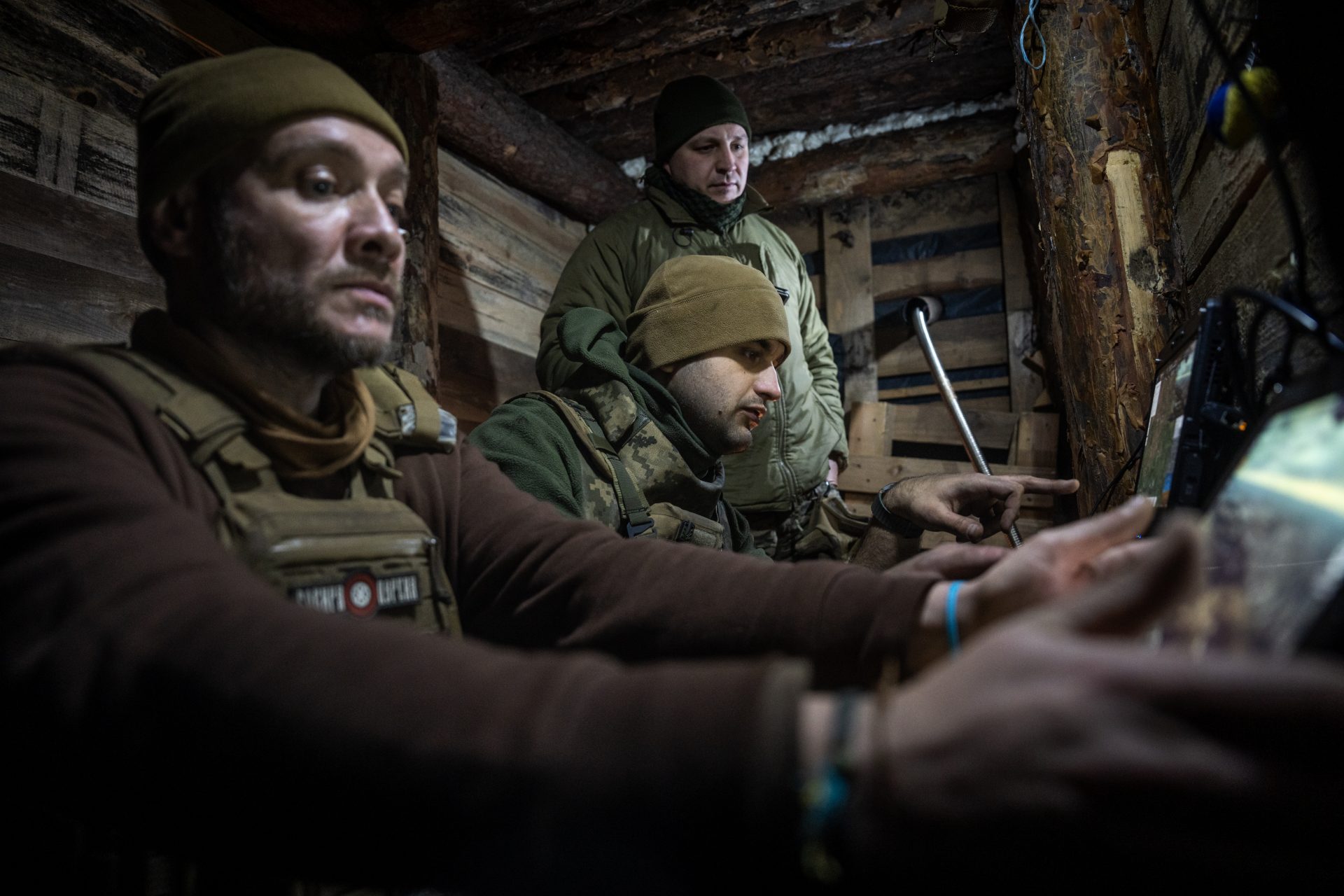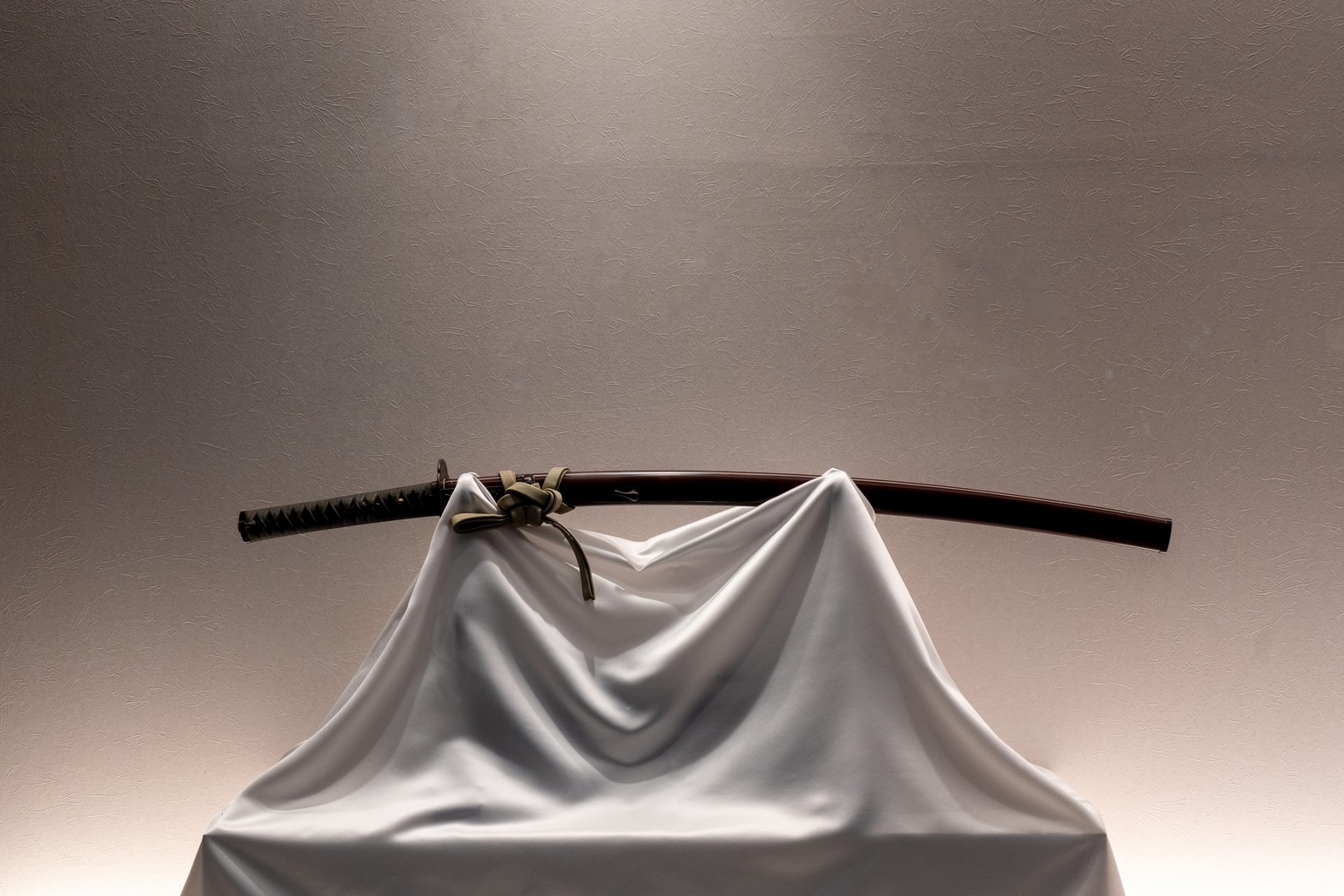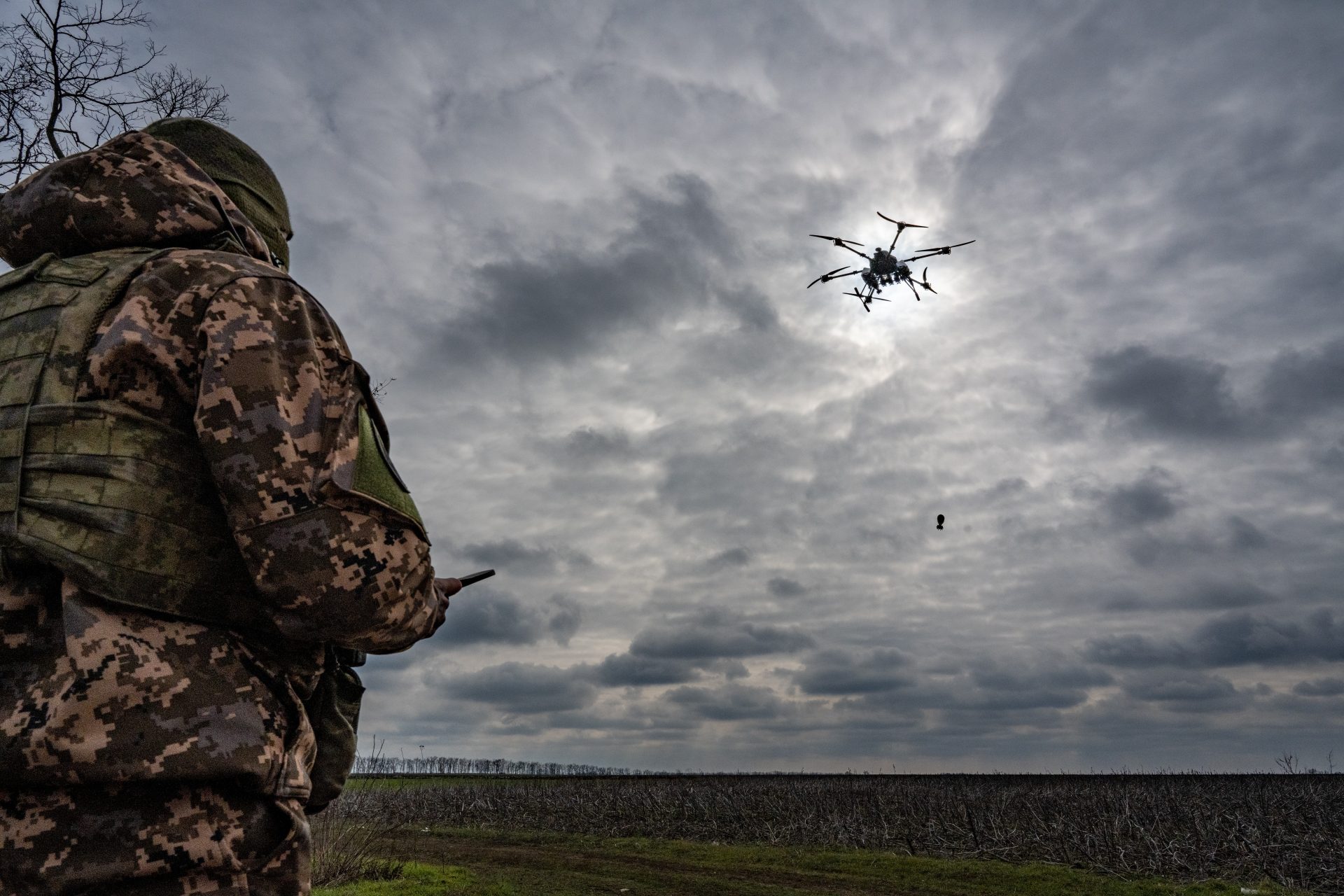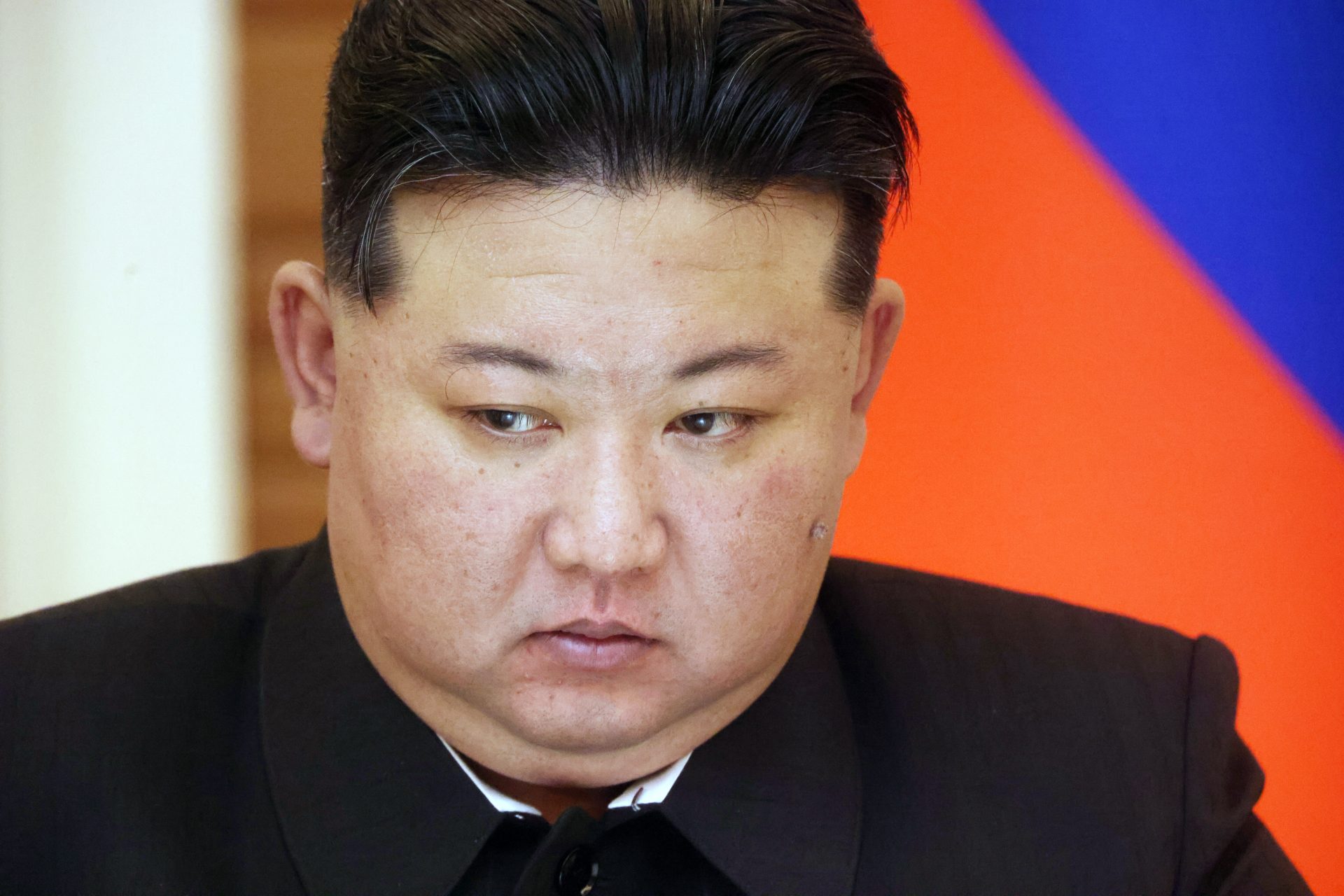Sweet peace: This is how Ukraine is using bees to fight minefields
The conflict between Russia and Ukraine has been going on for over two years now. However, despite the bitterness of such bleak reality, new, inventive ideas are born out of tense, critical moments.
Kyiv is buzzing with a new idea to deal with the bleakness of war: just add some honey.
Image: arwinneil / Unsplash
The 2022 Russian invasion has turned Ukraine into the home of the largest minefield in the world, with mines present in roughly 40% of the country’s territory, according to The Kyiv Independent.
Ukraine is also an agricultural powerhouse, particularly in the growth of wheat. According to the US Department of Agriculture, the Eastern European nation was the seventh-largest producer of wheat just before the war.
However, the large number of minefields across the countryside makes growing and harvesting the crops far riskier.
However, The Kyiv Post writes that the Ukrainian Foreign Minister Dmytro Kuleba has partnered with creative agency Saatchi & Saatchi Ukraine and agro-industrial company Kernel for a solution: The Minefields Honey Project.
Essentially, the idea is to use drones to sow mined fields with seeds of honey-producing plants, avoiding any contact between humans and the explosives. Their nectar will be collected by the bees.
To make this project work, the creators worked with agronomists, the Union of Beekeepers of Ukraine and Dronarium Ukraine, an association of local drone enthusiasts.
The Kyiv Post highlights that most of the honey plants will be sown in frontline areas, in the regions of Chernihiv (pictured) and Sumy.
Fields that were meant to be used for corn or wheat but can’t be used due to the presence of mines, now will be repurposed to produce honey.
Beehives, meanwhile, will be located in safe areas near the minefields.
Ultimately, the goal of the Minefields Honey Project is not to make a profit, but to build awareness of the current situation on the Ukrainian countryside.
The Ukrainian Foreign Ministry plans to send these honey pots to diplomats and other influential people around the globe, as a symbol of the country’s bleak reality since the war began.
Meanwhile, pro-Russian publication Sputnik called the project “rather bizarre” and implied it was a desperate attempt of Kyiv to have an extra income as financial aid dries up.
Not everyone in Kyiv finds the project sweet. Ukrainian lawmaker Ivanna Klympush-Tsintsadze (pictured) argued that the Foreign Ministry should focus on more important matters other than insects.
“In my next trip abroad, I would much rather take a fragment of a missile or a toy from a house destroyed by a missile strike. And it would be much more impactful than any sweet treat,” Klympush-Tsintsadze told The Kyiv Post.
More for you
Top Stories



